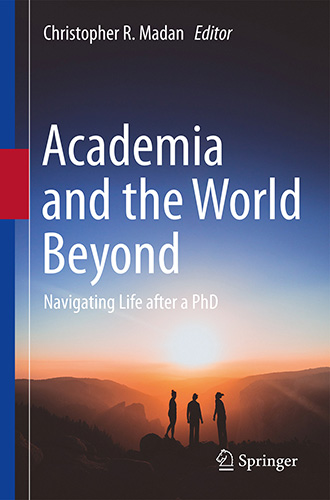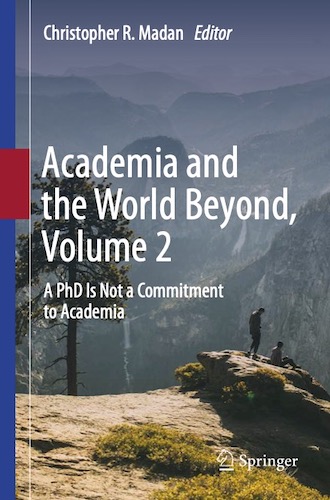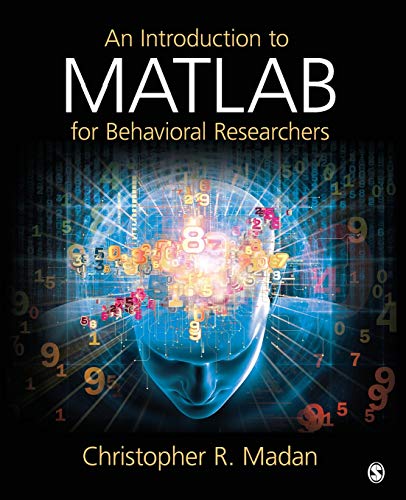My name is Christopher Madan and I am an Assistant Professor in the School of Psychology at the University of Nottingham. If you want to email me, I can be contacted at: christopher.madan@nottingham.ac.uk. At the University of Nottingham, I am affiliated with several research groups, including: Cognition and Language, Computational Neuroscience, Sir Peter Mansfield Imaging Centre (SPMIC), Precision Imaging, Centre for Neurotechnology, Neuromodulation and Neurotherapeutics (N3), AI, and the Accident Research Unit.
Bio
I’m a cognitive neuroscientist who studies why some experiences are remembered more than others—how emotion, motivation, and prior knowledge shape memory—and how those biases guide decision-making. I work across a range of behavioural research methods, including experiments, fMRI/EEG, and structural MRI, along with computational modelling; I also use qualitative methods, including interviews and focus groups, were suitable.
My service includes editor roles at Behavior Research Methods, Psychological Science, as well as several other leading journals. Honours include the APS Rising Star (2017), Psychonomic Society Fellow (2017) and Early Career Award (2021), the BACN Early Career Award (2025), AdvanceHE Senior Fellow (2025), and the University of Nottingham Lord Dearing Award for Teaching & Learning (2025).
Beyond research, I’m committed to fostering career development. I edited Academia and the World Beyond (Springer, 2022 & 2024)—over 50 interviews mapping post-PhD pathways inside and outside academia, along with associated qualitative analyses of these interviews. I also wrote An Introduction to MATLAB for Behavioural Researchers (Sage, 2014), a hands-on guide to analysis and reproducible workflows for behavioural scientists. I also author tutorial/methods pieces (e.g., learning-strategy series; semi-automated data analysis procedures) to make rigorous methods more accessible.
Most recently, my book Memories That Matter: How We Remember Important Things (Routledge, 2024) translates motivated-memory and memory-strategy research for a broader audience—linking evidence to everyday learning and wellbeing.



